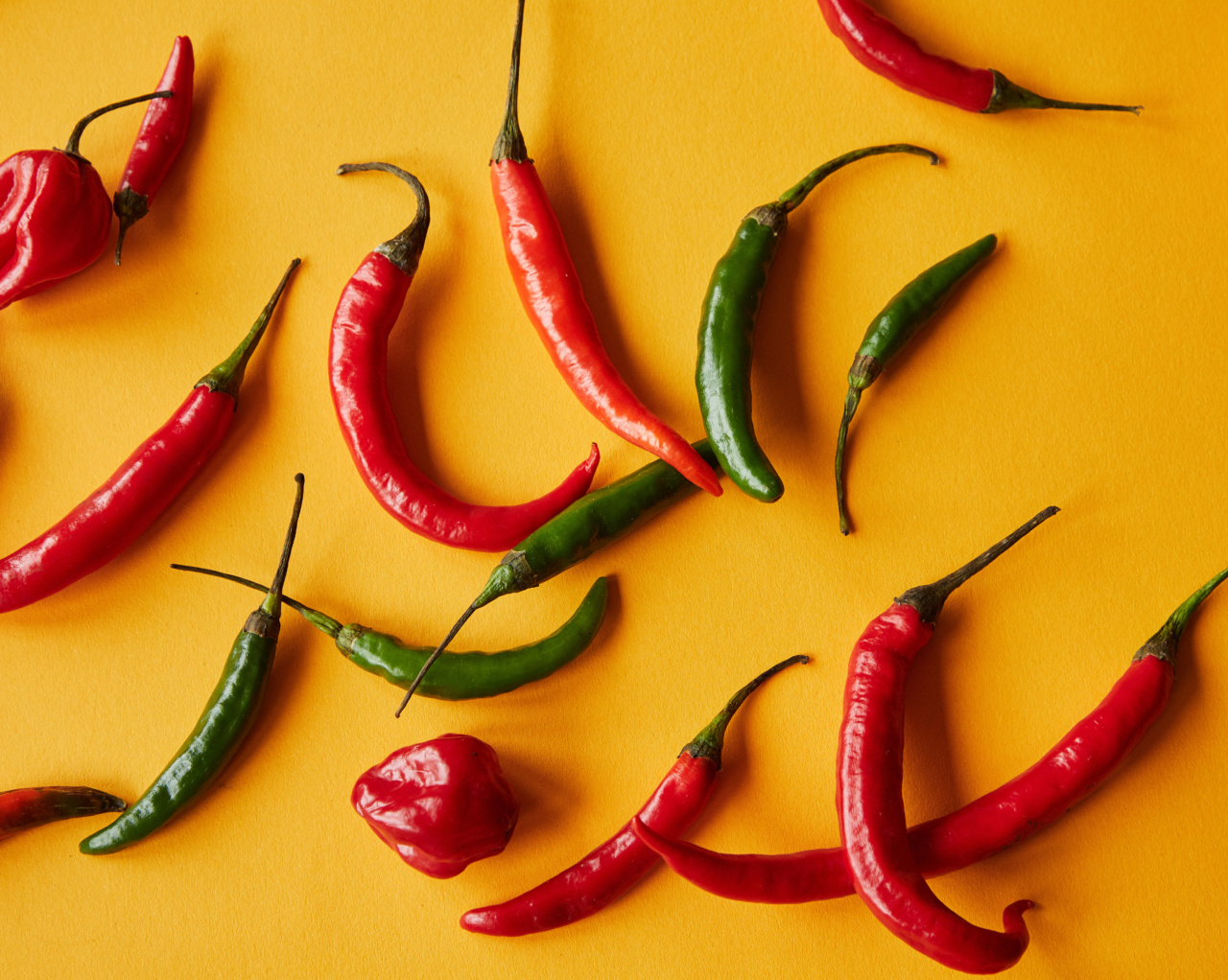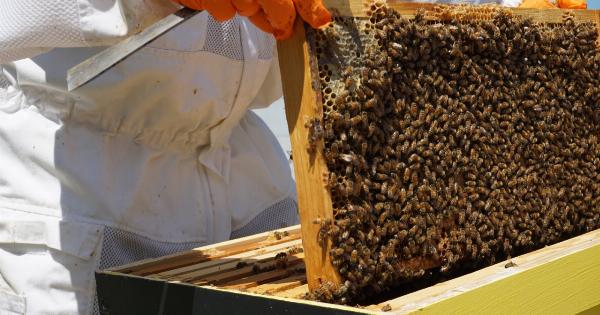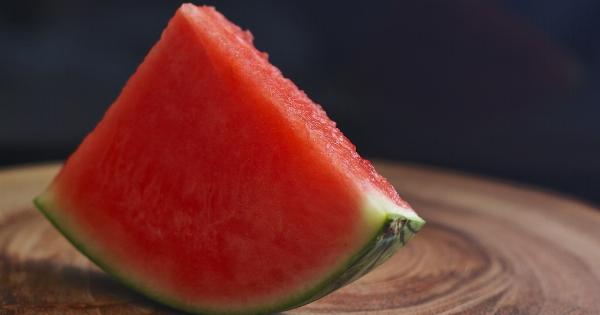Genetically modified organisms or GMOs are plants, animals, or microorganisms whose genetic material has been altered in a way that does not occur naturally through mating or natural recombination.
GMO foods have become more prevalent in the food industry and have been the subject of controversy for years. Some people argue that GMOs are beneficial, while others believe they come with potential health risks.
In this article, we will examine the top 30 GMO foods currently on the market.
1. Corn
Corn is one of the most widely grown and consumed GMO foods in the U.S. In fact, over 90% of corn grown in the United States is genetically modified to resist pests and herbicides.
2. Soybeans
Soybeans are another highly genetically modified crop. These crops have been genetically modified to resist pests and make them more resistant to herbicides.
3. Tomatoes
Tomatoes are often genetically modified to enhance their flavor, texture, and shelf life. Genetic modification can also help protect them from diseases and pests.
4. Potatoes
Potatoes have been genetically modified to resist diseases and pests. They have also been engineered to produce less acrylamide, a chemical that forms when potatoes are cooked at high temperatures.
5. Papayas
Papayas are often genetically modified to resist the papaya ringspot virus, which has devastated crops in Hawaii and other regions. These genetically modified papayas are often referred to as Rainbow papayas.
6. Squash
Squash has been genetically modified to resist viruses and pests that can damage the crop. Several varieties of genetically modified squash are available on the market.
7. Sugar Beets
Sugar beets are another crop that has been genetically modified to resist pests and herbicides. Over 95% of sugar beets grown in the United States are genetically modified.
8. Cotton
Cotton plants have been genetically modified to produce a toxin that is toxic to pests. This modification helps to reduce the need for pesticides in cotton production.
9. Canola
Canola has been genetically modified to resist pests and herbicides. This crop is commonly used to produce canola oil, which is used in cooking and in various food products.
10. Alfalfa
Alfalfa has been genetically modified to resist pests and to increase its nutritional content. This crop is commonly used as animal feed.
11. Apples
Apples have been genetically modified to resist browning. This modification can help to increase the shelf life of apples and reduce food waste.
12. Corn on the Cob
Like other types of corn, corn on the cob has also been genetically modified to resist pests and herbicides.
13. Cottonseed Oil
Cottonseed oil is a common ingredient in many processed foods. The cotton plants that produce this oil have been genetically modified to reduce the need for pesticides in cotton production.
14. Golden Rice
Golden rice has been genetically modified to produce more vitamin A than other varieties of rice. This modification can help to address vitamin A deficiency, which is a major health issue in many developing countries.
15. Soybean Oil
Soybean oil is a common ingredient in many processed foods. Soybeans have been genetically modified to resist pests and herbicides.
16. Sugar
Sugar from genetically modified sugar beets is used in a wide variety of food products.
17. Vitamin C-Enriched Corn
This type of corn has been genetically modified to produce more vitamin C than other types of corn. This modification can help to address vitamin C deficiency, which is a major health issue in many developing countries.
18. Zucchini
Zucchini has been genetically modified to resist viruses and pests that can damage the crop.
19. Flax
Flax has been genetically modified to produce oil that is resistant to oxidation. This modification can help to increase the shelf life of flax oil.
20. Sugar Cane
Sugar cane has been genetically modified to resist pests and herbicides. These modified crops are commonly used to produce sugar and other sweeteners.
21. Asparagus
Asparagus plants have been genetically modified to resist diseases that can damage the crop.
22. Chewing Gum
Gum bases used to make chewing gum often contain ingredients derived from genetically modified soybeans.
23. Salmon
Salmon has been genetically modified to grow more quickly and to resist diseases that can affect wild salmon populations.
24. Cottonseed Protein
Protein derived from genetically modified cottonseeds is used in a wide variety of food and
25.
Cucumbers
Cucumbers have been genetically modified to resist viruses and pests that can damage the crop.
26. Eggplant
Eggplants have been genetically modified to resist diseases that can damage the crop.
27. Orange Juice
Some orange juice products contain ingredients derived from genetically modified oranges.
28. Rice
Rice has been genetically modified to resist pests and to increase its nutritional content.
29. Salmon
Salmon has been genetically modified to grow more quickly and to resist diseases that can affect wild salmon populations.
30. Soy Milk
Soy milk is made from genetically modified soybeans.
While the use of genetically modified organisms in food production has been a topic of debate for many years, they are still commonly used in the United States and other parts of the world.
As with all food products, it’s up to consumers to decide if they feel comfortable consuming foods that contain genetically modified organisms.































